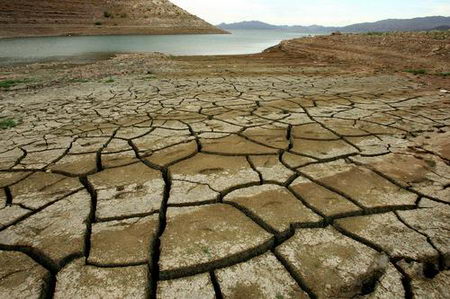
Pro. Dieter Fuhrmann, deputy Head of Project Management Karlsruhe, Germany, said, "Because the lakes are very important for water supply in China, you have to develop technologies for the purification of waste water, to ensure no waste water comes to the lakes. If too much waste water comes to the rivers and the lakes, the water cannot be used as water supply."
China has allocated 23 billion yuan for environment related projects as part of the 4-trillion-yuan stimulus package to be spent over the next two years. 13 billion yuan went to improve urban water treatment facilities, and 4 billion to pollution prevention projects on big rivers. But experts say that's far from enough.
Dr. Yin Yongyuan, University of British Columbia, Canda, said, "Current adaptation options are not adequate enough to deal with the potential risks. So we need to improve our adaptive capacity to deal with the deteriorating situation."
One way is to make tap water more costly. China's water prices for residential use is less than half of that of Brazil, and about one fifth of England. A World Bank report says China needs to improve its control of water demand. And also create more market-based instruments to curb pollution.
Drinkable water is not in infinite supply so it's essential for people around the world to to use what we DO have -- with great care. It is hoped that effective irrigation systems and strong measures to counter-act water pollution will create a 'green miracle'. If not, half of humanity may be left in a world in dire straits in just half a century.
(CCTV May 7, 2009)